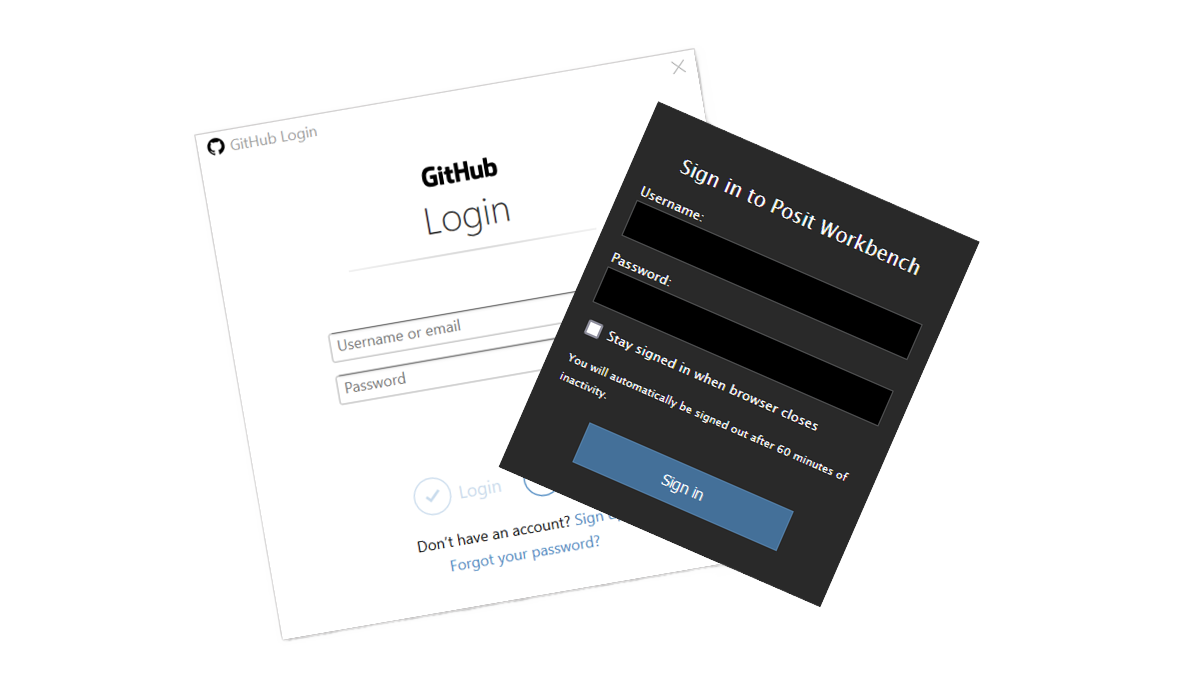Connecting Posit Workbench (RStudio) to GitHub with HTTPS
If you're an RStudio user using Posit Workbench and want to use GitHub for source control (you should), this is the guide for you. There are two ways...
1 min read
Tom Dewar
Aug 2020

There are a lot of hot takes on the current exam results crisis. Amongst the cacophony of critical voices, you will even find a few offering thought-out alternatives. But subject these to any scrutiny and you will see they too have their own significant failings.
In England, there are around 750 thousand A-levels and 4.6 million GCSEs taken every year. That’s over 5 million individual results which need to be determined without the traditional exams results to do so. Outside the realms of science fiction, there is no conceivable algorithm or process which can do this without many many thousands of individuals each being left with a legitimate grievance. You may change who the thousands are, you may tinker with the number, but there is no avoiding this uncomfortable truth.
I would not claim Ofqual’s algorithm was a good solution, nor even the least bad; but it was at least a rational attempt to meet an impossible ask. This is ultimately all it could be. And – politicians take note – this is how it should always have been presented.
Algorithms are powerful tools. We create them to support decisions. We can even implement them to automate decisions. But we cannot, in the process, absolve someone of responsibility for these decisions. The conclusion we should draw is not that algorithms are bad, nor that public servants create bad algorithms. It is that, when you create a something to take a decision, there is always – always – a someone who remains responsible. You cannot devolve responsibility and accountability to an algorithm.
It is a simple truth, but one I fear we are doomed to need reminding of with increasing frequency.

If you're an RStudio user using Posit Workbench and want to use GitHub for source control (you should), this is the guide for you. There are two ways...

Many companies investing in data analytics struggle to achieve the full value of their investment, perhaps even becoming disillusioned. To understand...

We are cursed to live in interesting times. As I write this, a war in Ukraine rumbles on, we sit on the tail of a pandemic and at the jaws of a...